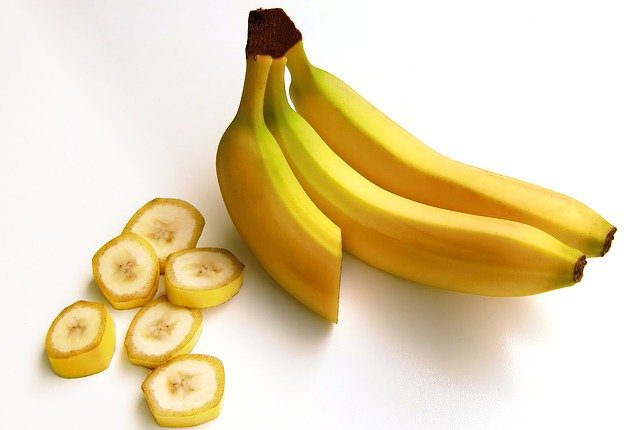It’s a human instinct. Wake up hungry first thing in the morning and grab the most convenient thing to eat. For many, a banana becomes the go-to food. All you really have to do is peel it to eat it. However, eating a banana on an empty stomach has been a hot topic of discussion for a while. Is it advisable to eat it before anything else? After all, it’s loaded with so much goodness and is healthy. But what about the side effects? Let’s find out when is it exactly right to eat a banana in order to reap its benefits.
Inexpensive and readily available in the market, the banana is rich in iron, magnesium, potassium, fiber, Vitamin B, Vitamin B6, and tryptophan which increases the hemoglobin levels in the body and can prevent anemia. Additionally, it may improve heart health, reduce exhaustion, and may prevent constipation, heartburn, and depression. On average, a banana has 89 calories with 25% natural sugar and anywhere between 75%-85% water content per 100 grams. We all have always read about the benefits of eating banana on empty stomach, but is it all good? Yes, bananas contain high amounts of nutrients like potassium and magnesium. But, these may lead to some side effects. Let’s read to know more about its possible side effects.

Table of Contents
Possible Side Effects Of Eating Banana On An Empty Stomach
1. Excessive Magnesium Can Cause Problems
Bananas have a high content of magnesium. It may cause an imbalance between the already-existing calcium and magnesium in the blood, which in turn can adversely affect one’s heart health or cardiovascular system.
2. Can Drain Your Energy
A banana contains a lot of sugar and that can satiate your hunger almost instantly. But when the glucose levels drop, you’ll start feeling hungry again and low in energy. And if you eat more than one banana at a time, you end up consuming more sugar than your body needs.
3. May Contain Chemicals
It’s not easy to find organic fruit these days. As we all know, farmed fruits are more often than not injected with chemicals, which is also one of the reasons why eating fruits on an empty stomach is not recommended. They can do more harm than good. Therefore, it’s always advised to combine them with some other food.
What Does Ayurveda Say?
As it’s suggested in Ayurveda: “Morning is the best time to eat fruits and the evening is the most inappropriate time. It’s recommended to have fruits such as bananas, apricots, mangoes, and peaches for breakfast, except for citrus fruits.”
Citrus fruits such as grapefruit, lemon, pomegranate can be eaten between 10 am and 3 pm. All kinds of berries such as raspberries, blueberries, cherries, grapes can be consumed in the morning. But this does not include strawberries.
Also Read: Health Benefits Of Fibrous And Mineral – Rich Bananas And Side-Effects
So, Should We Really Eat The Banana On An Empty Stomach?
It may or may not be controversial, but the banana is hard to ignore. It’s on the top of the list for babies when they start eating solids because banana is also probiotic (friendly bacteria) in nature and it contains pectin that helps to naturally firm bowel movement.
However, if you do need to eat a banana in the morning, drink a glass of water first in order to clean the digestive system. And it really is much better when eaten in a combination with other foods to avoid any problems. For example, add a sliced banana in your cereal, oatmeal bowl, or on top of pancakes or waffles. And if you like smoothies, an oats and banana smoothie is a great way to start the day. But remember, bananas also tend to have a laxative effect on the system, so eat them in moderation.
FAQs
Disclaimer – This content including advice provides generic information only. It is in no way a substitute for qualified medical opinion. Always consult a specialist or your own doctor for more information before making any dietary changes.